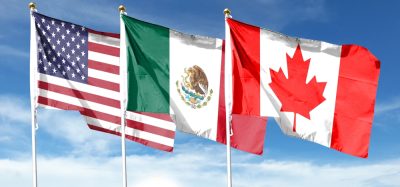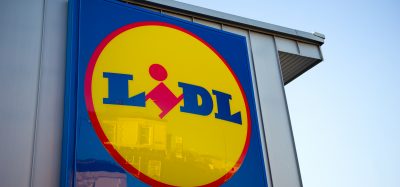12,000 tonnes of fraudulent food seized in annual OPSON operation
- Like
- Digg
- Del
- Tumblr
- VKontakte
- Buffer
- Love This
- Odnoklassniki
- Meneame
- Blogger
- Amazon
- Yahoo Mail
- Gmail
- AOL
- Newsvine
- HackerNews
- Evernote
- MySpace
- Mail.ru
- Viadeo
- Line
- Comments
- Yummly
- SMS
- Viber
- Telegram
- Subscribe
- Skype
- Facebook Messenger
- Kakao
- LiveJournal
- Yammer
- Edgar
- Fintel
- Mix
- Instapaper
- Copy Link
Posted: 24 July 2020 | Sam Mehmet (New Food) | No comments yet
Law enforcement authorities reported the dismantling of 19 food and beverage crime groups, with huge seizures of animal food, alcohol and dairy products.
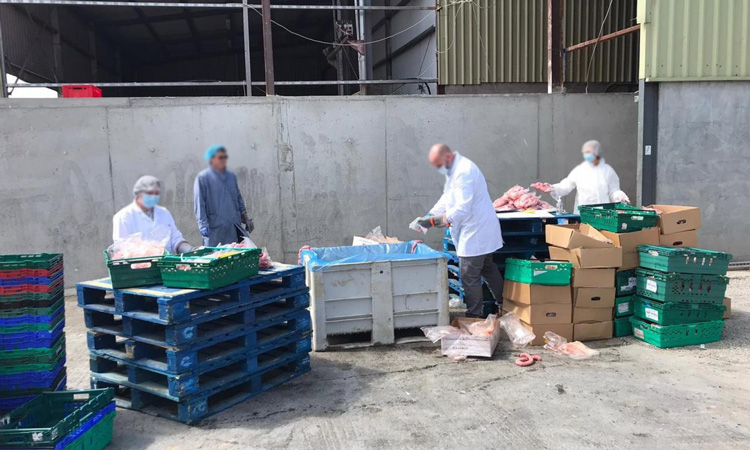

Credit: Europol
The 2020 Europol and INTERPOL OPSON operation has been targeting the trafficking of counterfeit and substandard food and beverage products. The ninth operation of its kind, running from from December 2019 to June 2020, involved law enforcement authorities from 83 countries and was supported by the European Anti-Fraud Office (OLAF), the European Commission, the European Union Intellectual Property Office (EUIPO), national food regulatory authorities and private sector partners.
This year’s operation OPSON led to the dismantling of 19 organised crime groups involved in food fraud and the arrests of 406 suspects. More than 26,000 checks were performed and approximately 12,000 tonnes of illegal and potentially harmful products worth about €28 million were seized. With more than 5,000 tonnes seized, animal food was reported as the most seized product, followed by alcoholic beverages (more than 2,000 tonnes), cereals, grains and derived products, coffee and tea and condiments. Large amounts of saffron were also seized: 90kg in Spain and 7kg in Belgium with an estimated value of more than €306,000. The US authorities also reported seizure of 147kg of raw apricot kernel seeds sold as a cure for cancer.
Dairy products
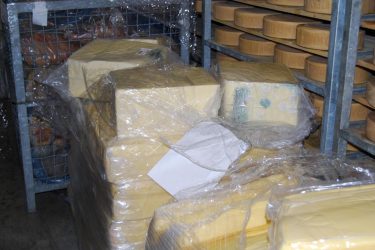

Credit: Europol
Participating countries: Bulgaria, Italy, France, Greece, Portugal, Switzerland
The dairy project resulted in the seizures of 320 tonnes of smuggled or substandard dairy products. National authorities seized rotten milk and cheese which posed a threat to consumer health. Additionally, 210 tonnes of cheese were seized, which did not meet the conditions to be labelled with a protected geographic denomination.
A Bulgarian investigation into an unregistered warehouse revealed seven samples of cheese tested positive for starch and E.coli. The authorities seized 3.6 tonnes of unsafe dairy products, which were supposed to be processed into melted cheese.
Olive oil
Participating countries: Albania, Croatia, France, Germany, Greece, Italy, Iceland, Jordan, Lithuania, Norway, Portugal, Spain
A total of 149 tonnes of cooking oil was seized as a result of a food fraud targeted action led by Greece. About 88 tonnes from the seizures were olive oil and were reported by Albania, Croatia, France, Greece, Italy, Jordan, Lithuania, Portugal and Spain.
In Italy, during a check on a company producing olive oil, inspectors found a surplus of product, which was not registered in the official documents of the company, thus more than 66 tonnes of olive oil were seized.
Alcohol and wine
Participating countries: Bulgaria, Germany, Greece, France, Italy, Croatia, Hungary, Latvia, the Netherlands, Norway, Portugal, Spain, UK
Law enforcement authorities, coordinated by OLAF, seized 1.2 million litres of alcoholic beverages, with the largest quantity being wine. Norwegian authorities seized more than 5,000 litres of vodka smuggled in a trailer.
Horse meat
Participating countries: Belgium, Denmark, France, Italy, Ireland, Spain, UK
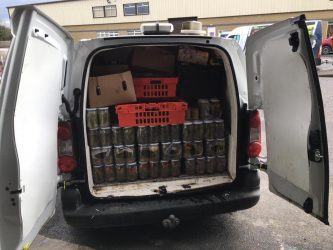

Credit: Europol
Europol launched a dedicated project to support national authorities in combating the sale of illegal horse meat, led by Belgium, Ireland and the Netherlands and supported by DG SANTE.
The operational activities focused on checks of documents of more than 157,000 horses from eight countries and about 117 tonnes of horse meat. Live animals and more than 17 tonnes of horse meat were seized from several slaughterhouses in Belgium, Ireland, Italy, Spain and the Netherlands. Inspections of slaughterhouses in several countries showed that about 20 percent of the foreign passports used for these horses showed signs of forgery. Competition horses with forged documents were also sent to slaughterhouses.
Despite the COVID-19 pandemic, which partially affected operation OPSON and its overall results, it was noted that law enforcement authorities from participating countries did their utmost to implement the planned operational activities to prevent and detect food fraud.
“In times of crises, criminals always look for new ways to abuse consumers and increase their illegal profit to the harm of public safety. Counterfeit and substandard food is not only deceitful to consumers but can also pose a significant threat to their health. Our annual Operation OPSON shows in its ninth year that cooperation between law enforcement, regulatory authorities and the private sector is crucial to protect both consumers and businesses from the harm criminals try to put on our plates,” said Catherine De Bolle, Europol’s Executive Director.
Related topics
COVID-19, Food Fraud, Food Safety, Health & Nutrition, Regulation & Legislation, The consumer




